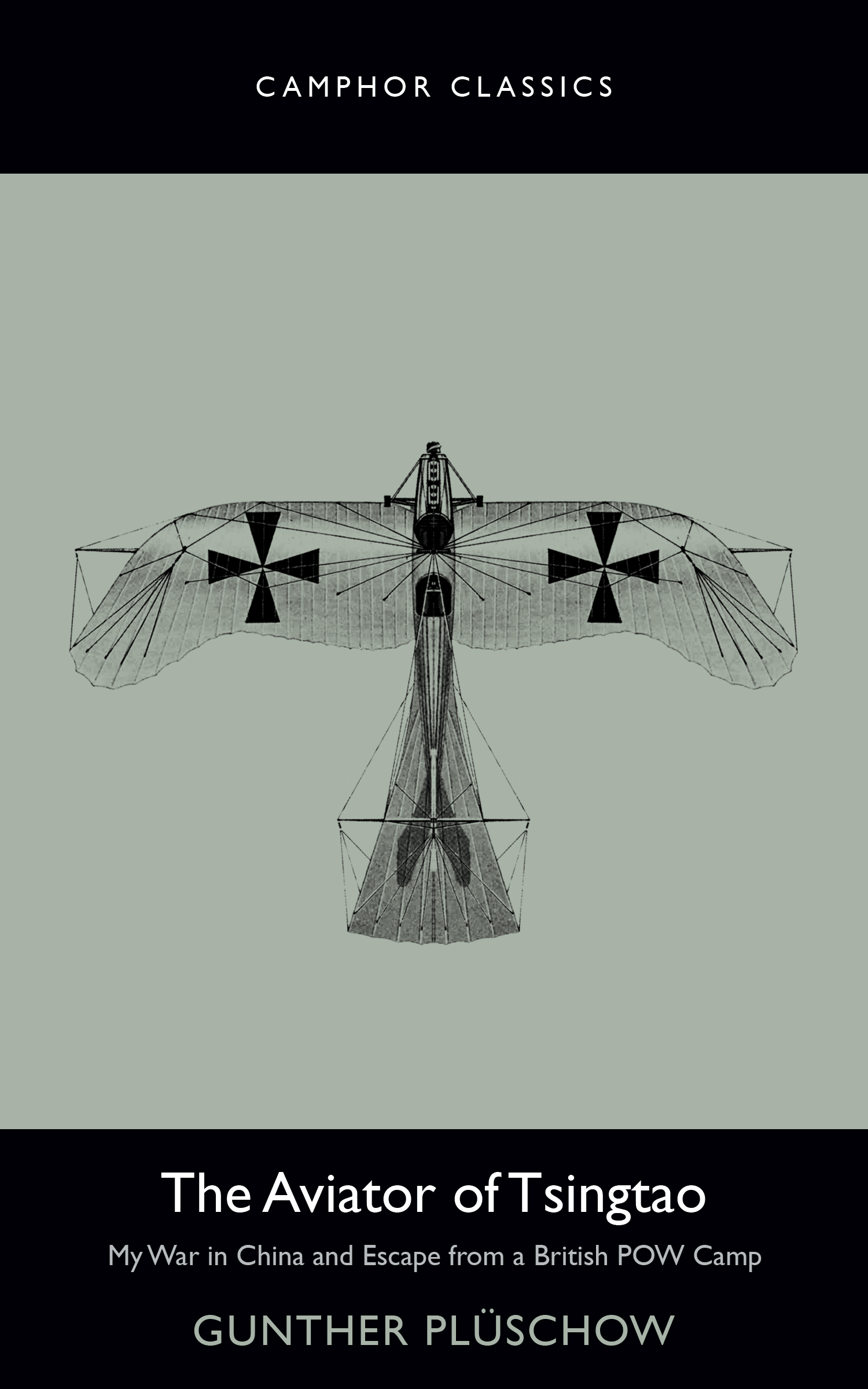Description
Tsingtao – idyillic beach resort in China, Little Germany upon the Yellow Sea, home port to the Kaiser’s East Asia Squadron – was the scene of a historically important yet largely forgotten First World War battle. In the autumn of 1914, four thousand German defenders, outnumbered six to one by Japanese and British forces, and outgunned on land, air, and sea, resisted bravely for two months. Nowhere was the fight more one-sided than in the air, the remarkable Gunther Plüschow the enclave’s one-man airforce. In his barely-airworthy Taube monoplane, he flew alone, armed with only a pistol, all the while dodging ground fire and the enemy’s eight superior biplanes as he spied on Allied positions and movements.
On the eve of Tsingtao’s surrender, Plüschow flew to neutral China, the start of his long journey home. After crash-landing in a padi-field, escaping detention, and slipping out of Shanghai, he made his way across the Pacific, the United States, and the Atlantic, only to be caught in Gilbratar and sent to a POW camp in England. Within six months he would be on the run again, this time successfully – the first German in either world war to escape from a POW camp in Britain and make it all the way back to Germany.
Plüschow wrote a gripping account of his wartime experiences, an instant bestseller in 1917 called Die Abenteuer des Fliegers von Tsingtau (The Adventures of the Airman of Tsingtao). An English translation appeared in 1922 with the underwhelming title My Escape from Donington Hall. This retitled Camphor Press edition has new material, including notes throughout the text, maps, a timeline, additional photographs, and an introduction by British author Anton Rippon, whose 2009 biography Gunther Plüschow, Airman, Escaper, Explorer is the standard work on this remarkable figure.


